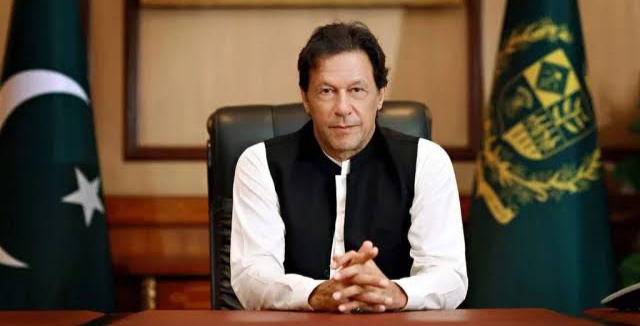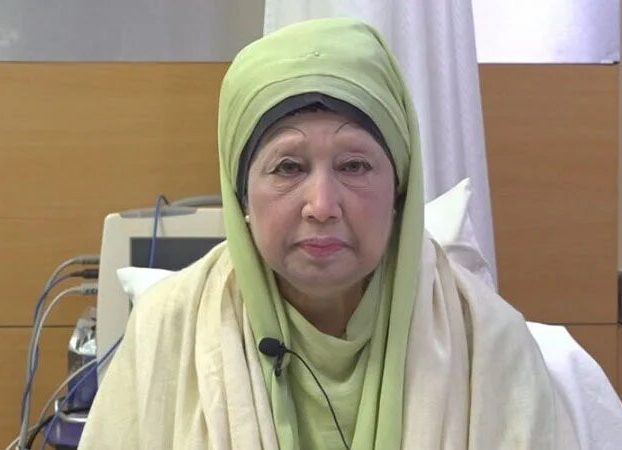
Imran Khan, full name Imran Ahmed Khan Niazi, is one of Pakistan’s most influential political leaders and former cricketer. His political journey was long and challenging, establishing him as the 22nd Prime Minister of Pakistan. Imran Khan is known for his honest and anti-corruption image, which has made him popular among the common people of Pakistan. Cricket was the first chapter of Imran Khan’s life. He joined the Pakistan national cricket team in 1971 and gradually established himself as a star all-rounder. Under his leadership, Pakistan won the 1992 Cricket World Cup, a historic moment for Pakistan. This success in his cricket career established him as a national hero among the people of Pakistan.
In 1996, after retiring from cricket, Imran Khan entered politics and founded a political party called Tehreek-e-Insaf (PTI). His mission was to establish good governance in Pakistan and fight corruption.
Imran Khan had a rough start in politics. In the first few elections, his party, the PTI, received few votes and failed to gain any influence in Parliament. It becomes challenging for him to fight against the old and established parties in the political arena of Pakistan. Still, Imran Khan did not deviate from his goal and continued campaigning.
In the late 2000s, Imran Khan and his party PTI gradually began to gain popular support. In 2011, lakhs of people gathered in a massive rally in Lahore, considered a milestone in his popularity. He vowed to fight corruption, unemployment, and poor administration, which drew a massive response from the public.
In the 2013 general elections, the PTI achieved significant success and built a strong position in Parliament. Although he could not be elected as the Prime Minister at that time, his party formed the government of KP Province for the first time.
In the 2018 general elections, the PTI party led by Imran Khan won the most seats and was sworn in as the Prime Minister of Pakistan. His victory symbolized a huge change in the political landscape of Pakistan. As Prime Minister, Imran Khan strived to fight corruption, economic reforms, and improve international relations. As Prime Minister, Imran Khan faced many challenges. Pakistan’s economic woes, unemployment, and complex international relations posed a major challenge to his government. Although he took many reform measures, his government’s policies and decisions have been criticized. In particular, political opponents and the media have questioned his leadership. Imran Khan’s political journey has been a reflection of determination, patience, and forging ahead in the face of challenges. He ushered in a new chapter in Pakistan’s politics, promising to protect the interests of the people. His leadership had a profound impact on the future politics of Pakistan, and he still remains an important name in the country’s political arena.

 Md. Ibrahim Hossain Bishal
Md. Ibrahim Hossain Bishal 























